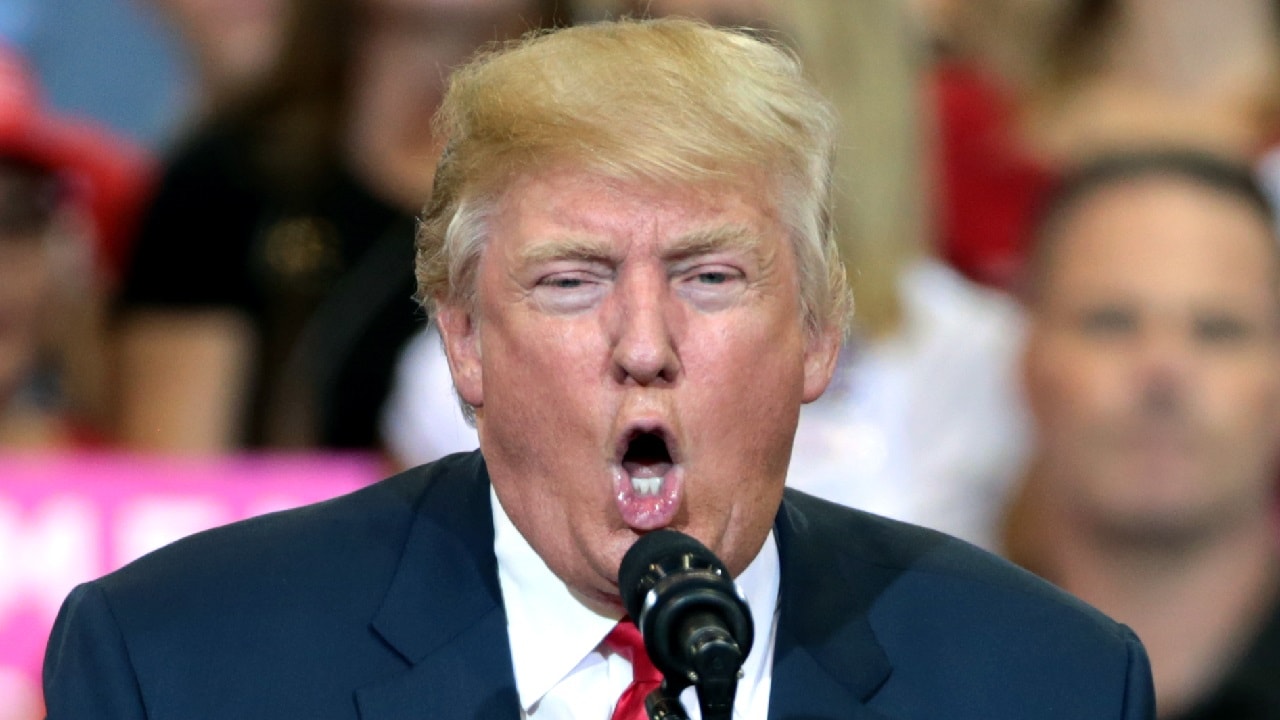The intricate tapestry of United States presidential history, woven with a myriad of accomplishments, challenges, and ideologies, remains a subject of fervent debate.
The ranking of U.S. Presidents has historically fueled discussions about their leadership skills, policy decisions, accomplishments, and popularity. From George Washington to Abraham Lincoln, Franklin D. Roosevelt to Theodore Roosevelt, and Thomas Jefferson, some have risen to the pinnacle of historical admiration.
The C-SPAN Approach
C-SPAN, recognizing the challenge of ranking presidents, initiated a biennial endeavor in 2000, engaging a panel of presidential scholars to assess presidents on criteria spanning public persuasion to administrative skills. The culmination of these rankings provides a holistic view of presidential performance, offering insights into leadership effectiveness.
Where Does Donald Trump Rank?
The latest edition of the cable channel’s presidential ranking, encompassing all 44 presidents who have completed their terms, delivers a fresh perspective on U.S. leadership history. Notably, Donald J. Trump finds himself positioned at 41st place, far from the bottom but with a mixed legacy. The 45th president’s high marks in “public persuasion” contrast starkly with his low ranking in “moral authority” and “administrative skills.”
Comparatively, James Buchanan, Franklin Pierce, and Andrew Johnson find themselves at the bottom of the rankings due to their handling of critical moments in U.S. history, particularly the lead-up to the Civil War. Buchanan’s inability to stem the tide of secession and the ensuing conflict places him in ignominious company.
Johnson and Buchanan
In both popular and scholarly approaches, Andrew Johnson is often considered the worst president due to his racist views, incompetence in office, and his opposition to Republican-led legislation during Reconstruction. His incendiary rhetoric, resistance to civil rights laws, and association with Southern Democrats during a critical period in U.S. history led to his low ranking.
James Buchanan’s presidency is also heavily criticized for his failure to prevent the Civil War, Franklin Pierce’s support for the Kansas-Nebraska Act worsened sectional tensions, and Warren Harding’s short tenure was marked by corruption scandals.
Time, the Wisest Counselor of All?
Time obviously reshapes the perception of presidents. Figures such as Ronald Reagan and Dwight Eisenhower, initially underrated, have witnessed their legacies ascend as time distances us from some of the controversies of their own eras. Ulysses S. Grant, for example, has experienced a resurgence, partly attributed to new biographies that provide a more nuanced view of his Reconstruction efforts.
Evaluating any politicians, never mind 46 different presidents, is not a straightforward process; but a study of balancing virtues and flaws, and examining our biases towards them and their respective contexts.
While Abraham Lincoln is lauded for guiding the nation through a tumultuous Civil War, his legacy remains clouded by past racist views and incomplete commitment to equality for African Americans.
While no ranking is definitive, the process itself fosters important discussions about leadership and history. Comprising a diverse group of scholars that evolves over the years, this undertaking spurs conversations on what constitutes successful presidential leadership.
As the United States navigates modern political landscapes, the intricacies of presidential rankings mirror the nation’s complexity. Balanced evaluation, free from biases, emerges as the guiding light for this intricate journey through the labyrinth of leadership history.
Georgia Gilholy is a journalist based in the United Kingdom who has been published in Newsweek, The Times of Israel, and the Spectator. Gilholy writes about international politics, culture, and education.
Trending Right Now
‘You Really Oughta Go Home’: F-22 Raptor Stealth Fighter Flew Under F-4 From Iran

